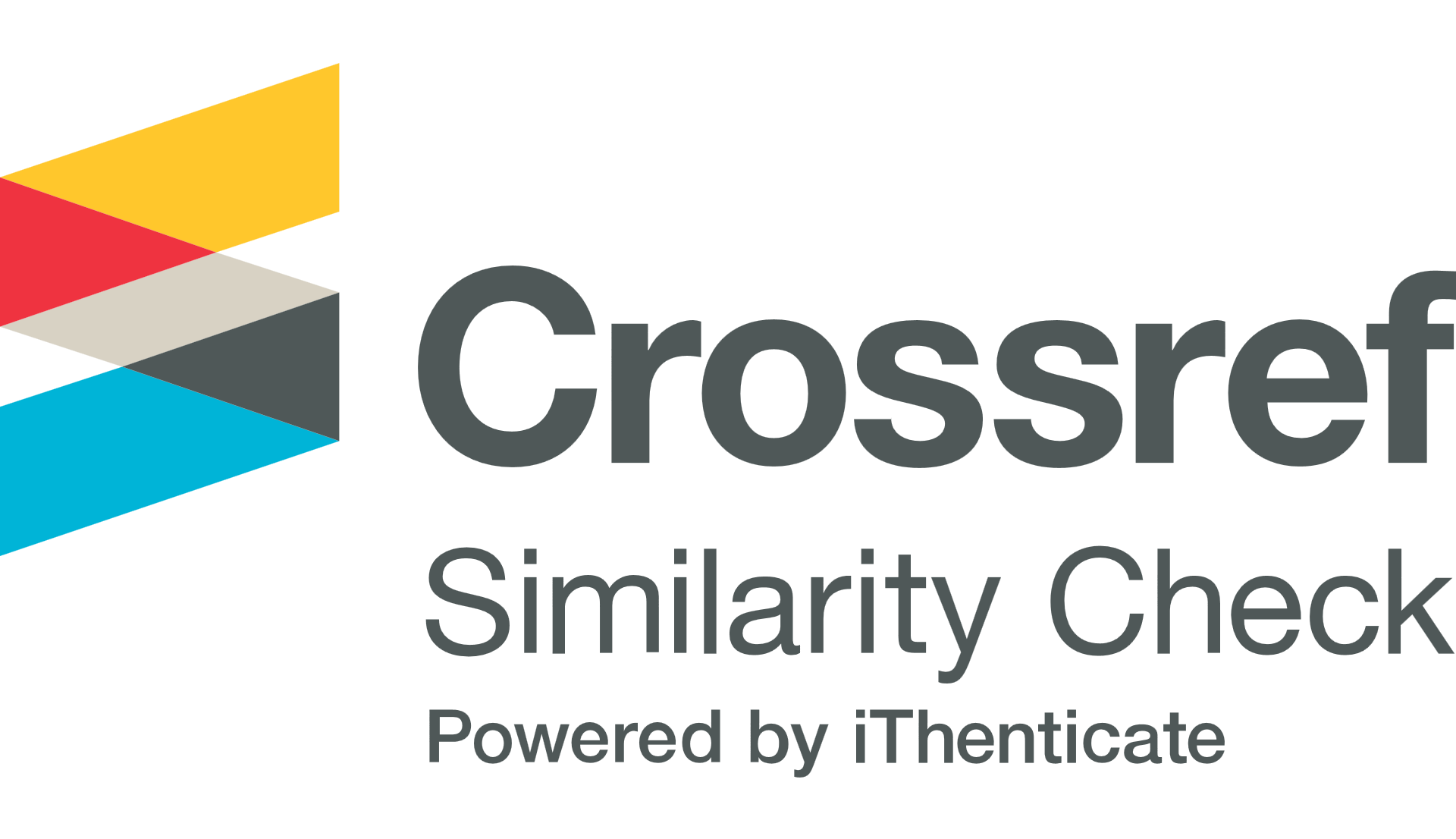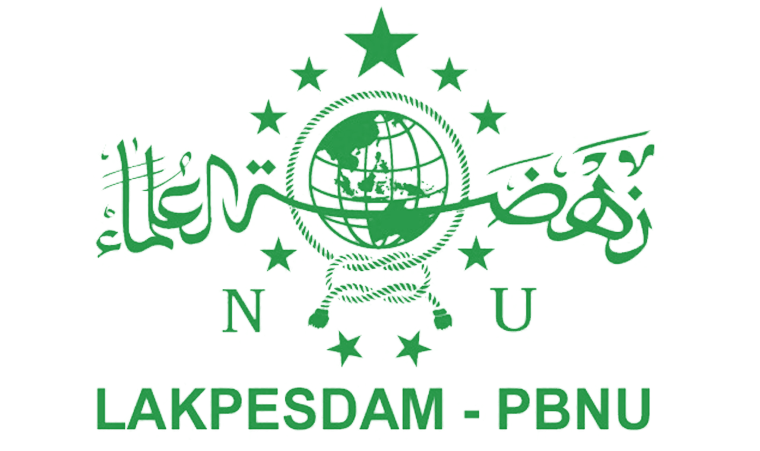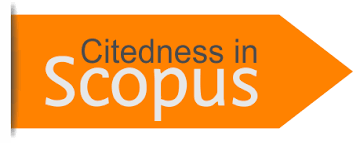ARABIC AMIYAH FOR PILGRIMS (Study 8 KBIH in District / City of Pekalongan 2015)
DOI:
https://doi.org/10.31969/alq.v22i1.254Abstract
Every pilgrims hope to getting Hajj Mabrur. One effort to commercialize the Hajj Mabrur is able to run all the pilgrimage circuit and perfect in it, while also maintaining a good relationship with others, or in terms of the law called hablun minallah and hablun minannas. One effort to be able to maintain good relations with others is to understand and interact with a language that can be understood by both sides, in this case is Arabic language. With naturalisik methods, and qualitative analysis, the core of this paper would like to state that the Arabic Amiyah still used and continues to grow until now; learning Arabic Amiyah for pilgrims can be regarded as complementary needs; there are various constraints experienced in learning Arabic Amiyah by KBIH for pilgrims; and the state of Arabic language books for pilgrims are still rare and that there is still very simple.References
Bisri, A. Mustofa. 2014. Koridor (Renungan A. Mustofa Bisri). PT Kompas Media Nusantara: Jakarta.
Bisri, A. Mustofa. 2011. Membuka Pintu Langit: Momentum Mengevaluasi Perilaku. PT Kompas Media Nusantara: Jakarta.
Bisri, A. Mustofa. 2014. Mencari Bening Mata Air. PT Kompas Media Nusantara: Jakarta.
Hamzah, Shodiq. 2010. Kamus Haji: Panduan Percakapan Sehari-hari dan Ziarah di Tanah Suci. Nurma Media Idea: Yogyakarta.
Hermawan, Acep. 2011. Metodologi pembelajaran bahasa Arab. PT. Remaja Rosda Karya: Bandung.
Hindun. 2012. Bahan ajar bahasa Arab Amiyah (BDA 2317). Jurusan Sastra Asia Barat Fakultas Ilmu Budaya UGM Yogyakarta.
Mansoor-Niksolihin, Sofia. 1993. Pengantar penerbitan. ITB: Bandung.
Musfiroh, Tadkiroatun. 2004. “Pemerolehan Bahasa Kedua (Kasus Berbahasa Jawa di TK)â€. http://staff.uny.ac.id/sites/default/files/tmp. 17 Maret 2015.
Musgamy, Awaliah. 2014. “Pengaruh Alquran dan Hadits terhadap Bahasa Arabâ€. Jurnal Al-Hikmah. Vol. XV No. 1/2014.
Prabowo, M.Shidqon. 2010. Perlindungan Hukum – Jamaah Haji Indonesia. Penerbit Buku Rangkang-Education: Yogyakarta.
Prabowo, M Shidqon. 2011. “Persaingan Usaha yang Sehat dalam Penyelenggaraan Haji di Indonesia.†Jurnal Ilmiah Ilmu Hukum QISTI. Vol. 5 No. 1 Januari 2011.
Shihab, M. Quraish. 2013. Alquran dan Maknanya. Penerbit Lentera Hati: Ciputat.
Suherman, A. TT. “Psikolinguistikâ€. http://file.upi.edu/Direktori/FPBS. 16 Maret 2015.
Tim KBIH Aisyiyah Kota Pekalongan. TT. Panduan Bahasa Arab Praktis.
Tohe, Achmad. 2005. “Bahasa Arab Fusha dan Amiyah serta Problematikanyaâ€. Jurnal Bahasa dan Seni. Tahun 33 No.2.
Al-Ulwan, Sulaiman ibn Nashir. TT. Ma darojatu sohhati hadits: man ta’allama lughata qaumin amina makrihim. http://kulalsalafiyeen.com/vb/showthread.php?t=6476. 17 Maret 2015.
UU RI Nomor 17 Tahun 1999 Tentang Penyelenggaraan Ibadah Haji.
http://www.uinjkt.ac.id/index.php/arsip-berita-utama/2465-dr-muhbib-abdul-wahhab-bahasa-arab-Amiyah-perlu-diajarkan-.pdf. 16 Maret 2015.
Informan dan sumber data:
Dra. Hindun, M.Hum. Dosen Sastra Asia Barat FIB UGM, 25 maret 2015.
KH. Kafrawi Umar, Pembimbing KBIH Yayasan As-Salamah Kota Pekalongan, 3 maret 2015.
KH. Abdurrahman Thahuri, pembimbing KBIH As-Shofa Buaran Kab. Pekalongan, 7 Maret 2015.
H. Ikrom Kamal, pembimbing KBIH As-Shofa Buaran Kab. Pekalongan 7 Maret 2015.
Data penulis dari penelitian Buku Manasik Haji di Kabuoaten dan Kota Pekalongan pada Januari-Maret 2015.
Additional Files
Published
Issue
Section
License
Authors who publish with this journal agree to the following terms:
- Authors retain copyright and grant the journal right of first publication with the work simultaneously licensed under Creative Commons Attribution-NonCommercial-ShareAlike 4.0 International License that allows others to share the work with an acknowledgement of the work's authorship and initial publication in this journal.
- Authors are able to enter into separate, additional contractual arrangements for the non-exclusive distribution of the journal's published version of the work (e.g., post it to an institutional repository or publish it in a book), with an acknowledgment of its initial publication in this journal.
- Authors are permitted and encouraged to post their work online (e.g., in institutional repositories or on their website) prior to and during the submission process, as it can lead to productive exchanges, as well as earlier and greater citation of published work (See The Effect of Open Access).















